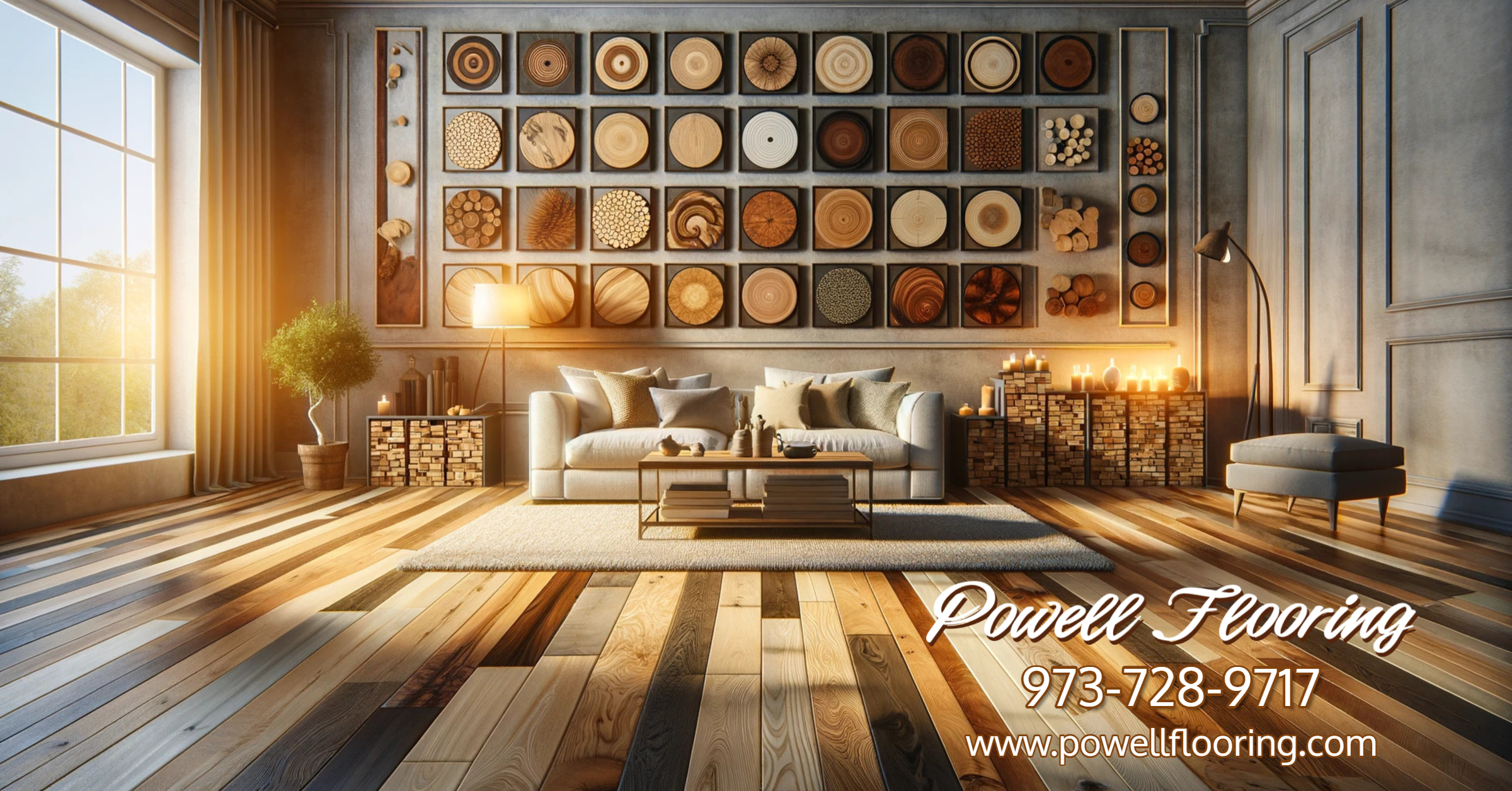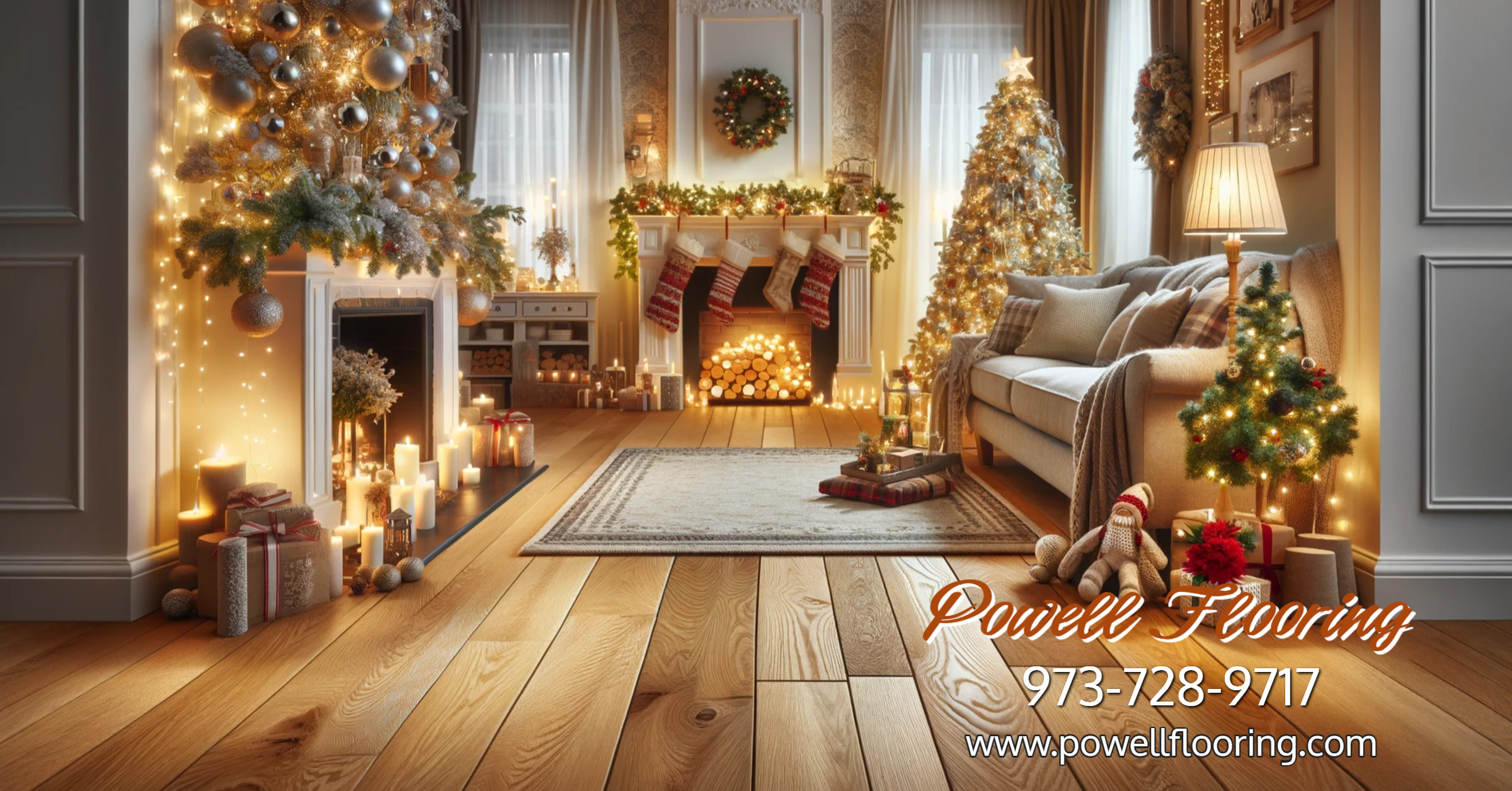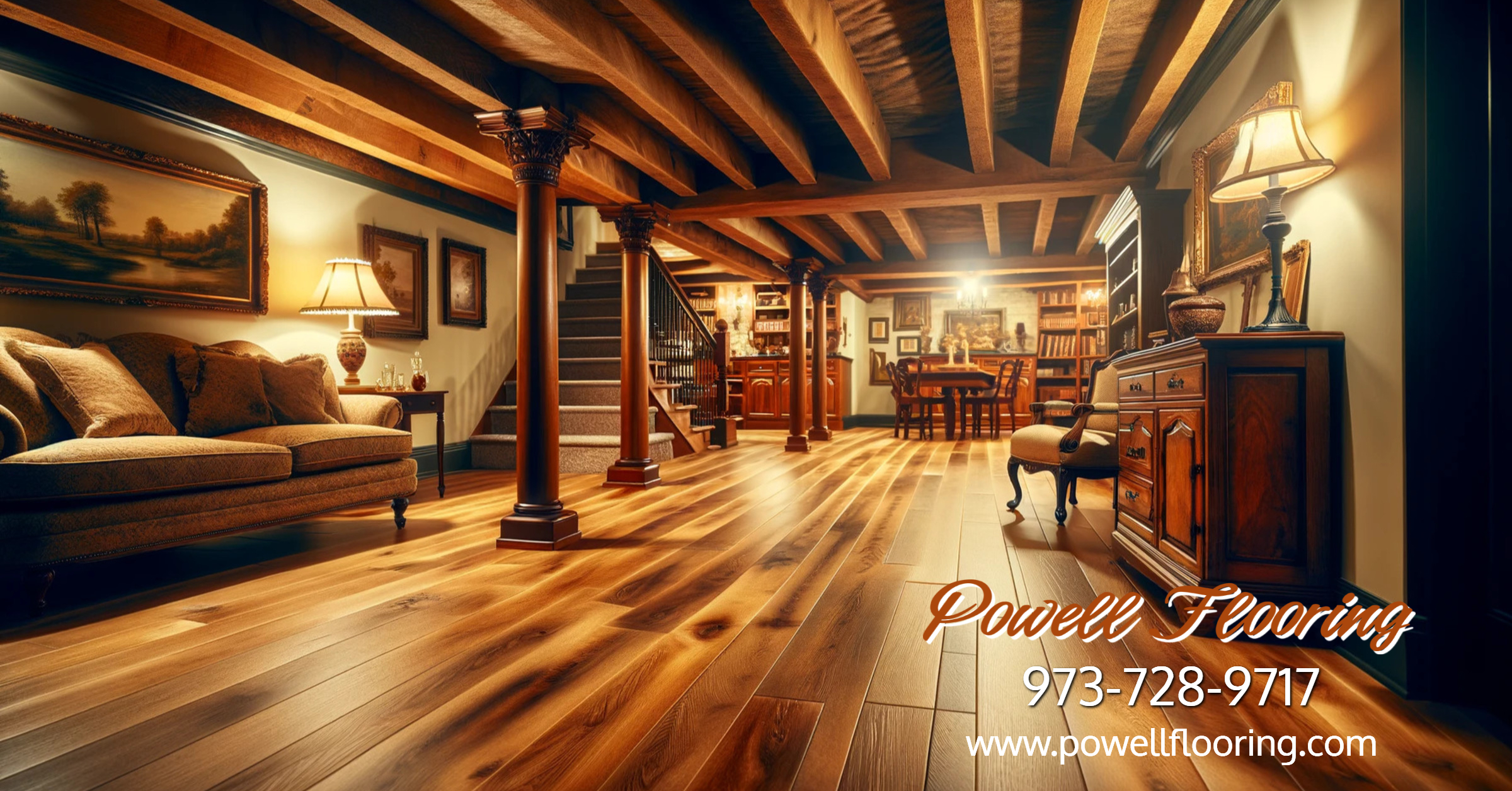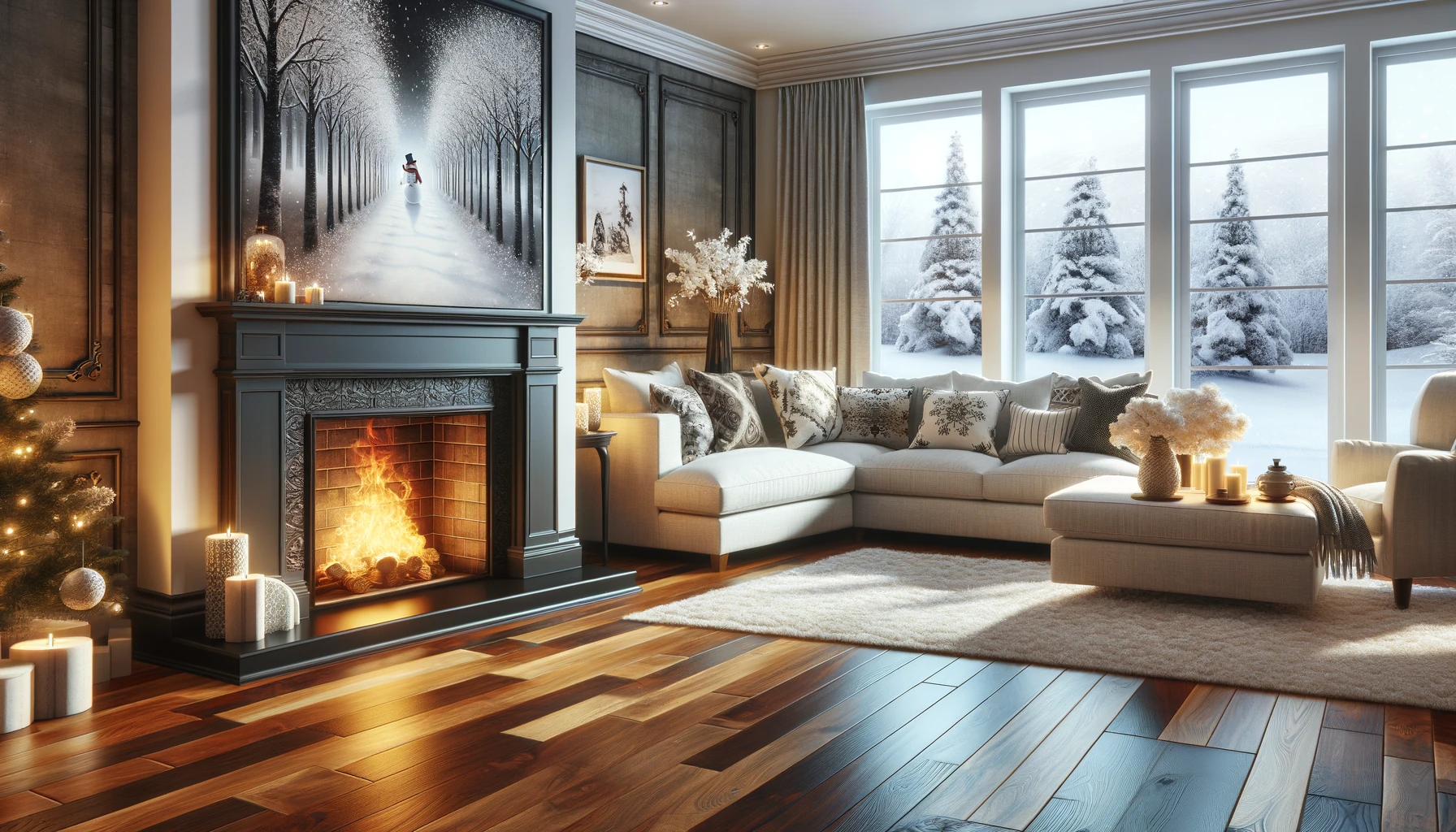What’s So Hard About Hardwood Floors?

Brief Summary:
Discover the beauty and resilience of hardwood floors. Learn about popular species like Red Oak, White Oak, Hickory, Hard Maple, Ash, and Pine, and understand the Janka Hardness Rating’s role in choosing the perfect flooring for your home. Whether you’re in Northern NJ or the Hudson Valley, NY, explore why hardwood is a prime choice for durability and elegance. Ready for an upgrade? Call Powell Flooring for a free estimate today!
Hardwood floors are celebrated for their durability, beauty, and timeless appeal, making them a favored choice for homeowners in northern NJ and the Hudson Valley, NY region. But have you ever wondered what exactly makes hardwood floors so resilient and hard-wearing? The answer lies not just in the type of wood but also in a measurement known as the Janka Hardness Rating.
Perfectly suited for homeowners in Northern New Jersey and the Hudson Valley, NY, hardwood floors offer not just a wide variety of options in terms of aesthetics but also in popular species like Red Oak, White Oak, Hickory, Hard Maple, Ash, and Pine.
Understanding the Janka Hardness Rating
The Janka Hardness Rating is a measure of wood’s resistance to wear and denting. It’s a crucial factor to consider when selecting hardwood flooring, as it directly impacts the floor’s longevity and appearance over time. It gauges the force required to embed a 0.444-inch steel ball into the wood to half its diameter. The higher the rating, the harder the wood. This rating helps homeowners make informed decisions based on their lifestyle, foot traffic, and the overall look they aim to achieve.
Species Makes a Difference
Red Oak
Starting with the classic, Red Oak is renowned for its distinct grain patterns and warm tones. It’s a staple in many homes for its versatility and ability to complement a wide range of interior designs. With a Janka rating of 1290, it strikes a balance between durability and workability, making it a popular choice for families in Northern NJ.
White Oak
White Oak takes durability up a notch with a Janka rating of 1360. Its grain is finer and more uniform than that of Red Oak, offering a slightly more contemporary look. Its resistance to moisture and decay makes White Oak an excellent option for kitchens and bathrooms.
Hickory
For homes subject to heavy foot traffic, Hickory, with its Janka rating of 1820, is hard to beat. Its bold grain patterns and color variations can hide wear and tear, making it ideal for busy households or those with pets.
Hard Maple
Hard Maple features a Janka rating of 1450, offering a bright, sleek look with its subtle grain. It’s a favorite in modern and minimalist homes, providing a light backdrop that can make rooms feel more spacious.
Ash
Ash wood, with a Janka rating of 1320, presents a unique option with its light color and pronounced grain. It’s both flexible and durable, suitable for homes looking for a distinctive yet resilient flooring.
Pine
While technically a softwood, Pine is included for its popularity in rustic and traditional settings. Its softer nature (with a Janka rating around 600 for Yellow Pine) requires more care, but it offers a warmth and character unmatched by harder woods. Oil-based finishes are recommended to enhance its beauty and durability.
Why Hardwood?
Choosing hardwood flooring is an investment in the beauty and value of your home. Not only does it offer a timeless appeal, but it’s also sustainable and easy to maintain, especially in the variable climates of Northern NJ and the Hudson Valley, NY. With the right finish, hardwood floors can withstand the test of time, offering warmth and elegance that never goes out of style.
Are you ready to transform your home with the beauty and resilience of hardwood flooring? Powell Flooring, with decades of experience in Northern NJ and the Hudson Valley, NY, is here to guide you every step of the way. From selecting the perfect species to expert installation, we ensure your flooring choice not only meets but exceeds your expectations.



